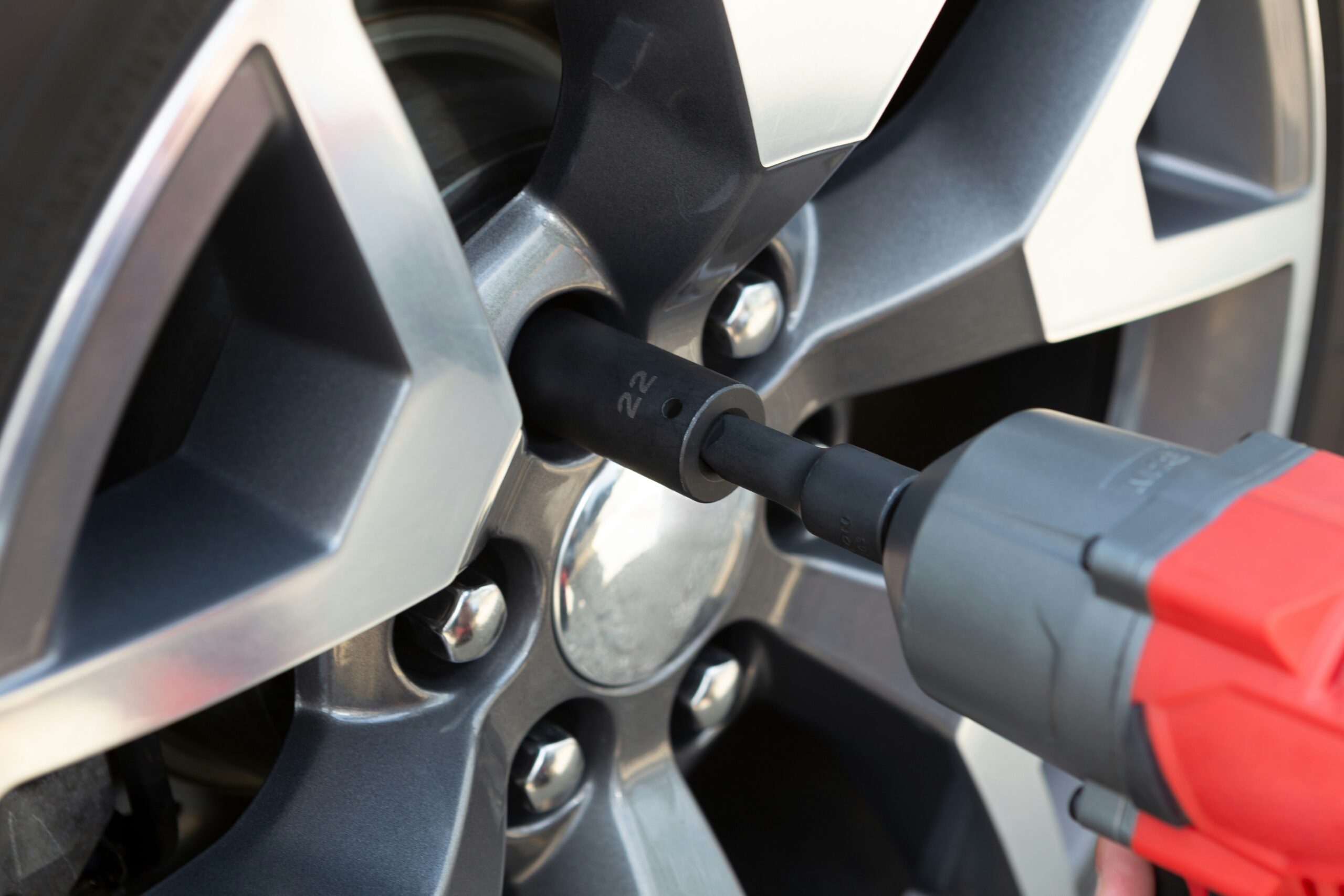Choosing the right air compressor is about more than just air output—it’s about durability, reliability, and performance in real-world conditions. Whether you’re equipping an off-road vehicle, handling industrial tasks, or maintaining heavy equipment, your compressor needs to stand up to tough environments while delivering consistent power. Here’s what to consider when selecting an air compressor that will last.
1. Built to Last: Durability Matters
Air compressors are often exposed to harsh conditions—from dirt and debris to extreme heat and cold. A durable compressor should be designed to withstand:
✅ Heavy-duty construction – A rugged metal casing protects internal components from impact and vibration.
✅ Oil-lubricated pistons – Unlike oil-free models, these provide longer life and smoother operation under heavy use.
✅ Heat management – Compressors generate heat, so proper cooling and ventilation are essential for longevity.
Oasis compressors are designed with industrial-grade materials to ensure they hold up in the most demanding environments, from military use to off-road expeditions.
2. Power Supply & Voltage Compatibility
A compressor’s voltage must match your power setup. For vehicle-mounted or mobile applications, most compressors run on 12V or 24V DC power. Oasis compressors are designed to provide shop-level power in a DC-powered format, making them ideal for on-the-go use.
If using a battery-powered compressor, consider:
🔹 Battery health and capacity – A strong deep-cycle battery ensures reliable power.
🔹 Cable length and gauge – Voltage loss can occur over long distances, so keep wiring short and use heavy-gauge cables.
🔹 Alternator support – If using the compressor frequently, a high-output alternator helps maintain steady power.
3. Air Output: Matching Performance to Your Needs
The CFM (cubic feet per minute) rating determines how much air the compressor delivers. Your choice depends on your usage:
- Inflating large tires – Requires high airflow and rapid pressure build-up.
- Operating air tools – Needs steady air supply and consistent pressure.
- Onboard air systems – May benefit from an air tank to store compressed air for instant use.
An underpowered compressor will struggle to keep up, while an oversized unit may be unnecessary for light tasks. Oasis compressors offer high-performance, piston-powered compression that rivals shop-grade air systems.
4. Installation & Mounting Considerations
If your compressor will be mounted on a vehicle or equipment, it’s crucial to ensure:
✔️ Solid mounting – Secure to a sturdy frame or bracket to handle vibrations and rough terrain.
✔️ Ventilation space – Allow for airflow to prevent overheating.
✔️ Protection from debris – If mounting under a vehicle, consider a splash guard to shield from mud, dirt, and water.
5. Maintenance & Longevity
A high-quality compressor is an investment—proper maintenance ensures it stays reliable for years. Key maintenance tips include:
🛠️ Check oil levels regularly – Oil-lubricated models last longer but need periodic oil changes.
🛠️ Clean or replace air filters – Dirty filters reduce efficiency and strain the motor.
🛠️ Inspect power connections – Loose or corroded wires can cause voltage drops and impact performance.
Final Thoughts
When choosing an air compressor, durability, power, and efficiency should be top priorities. Investing in a well-built, high-performance unit like an Oasis DC air compressor ensures reliable operation in any environment—whether for off-road, industrial, or emergency applications.
Looking for a compressor that delivers power and durability? Check out Oasis air compressors—built for extreme performance when it matters most.

